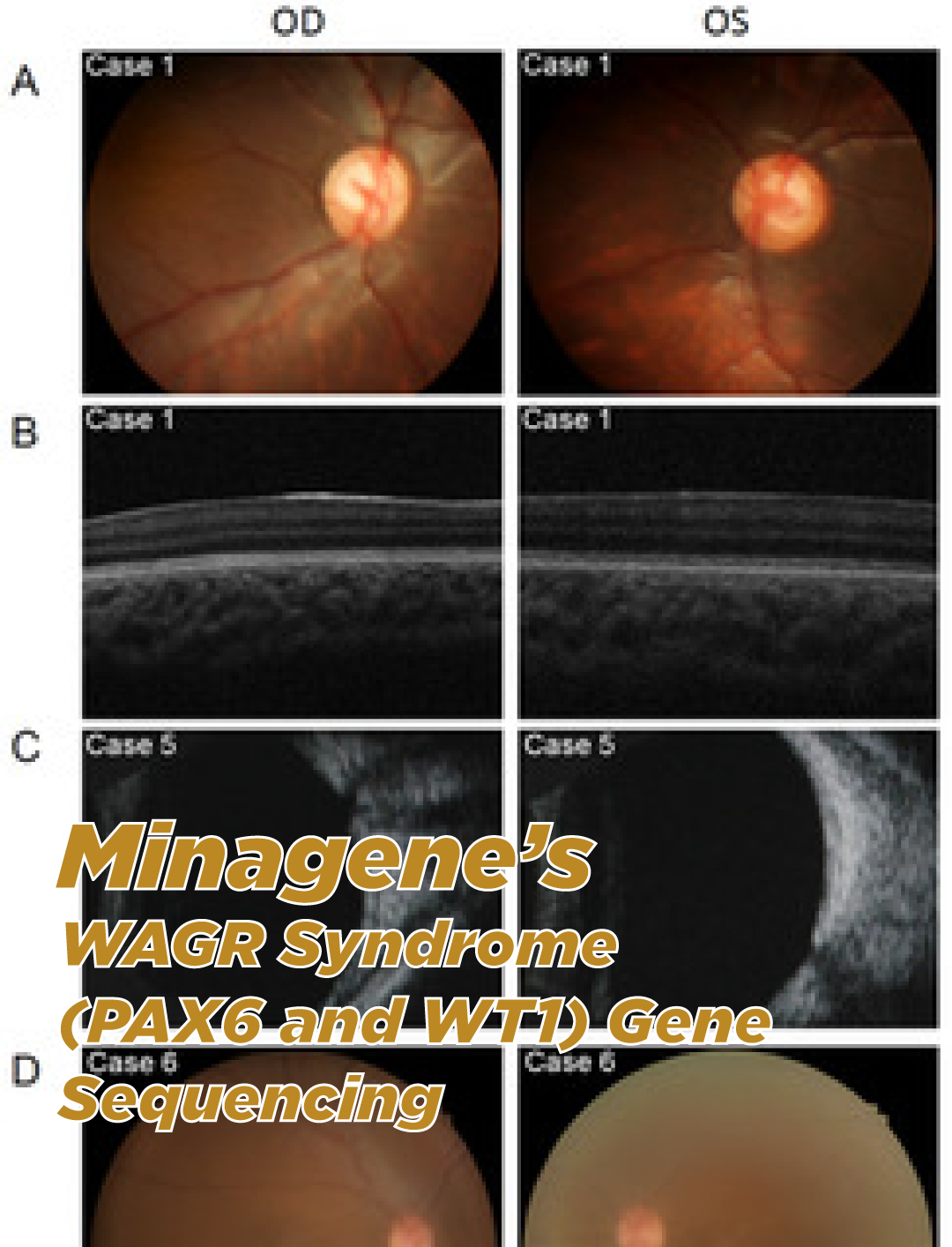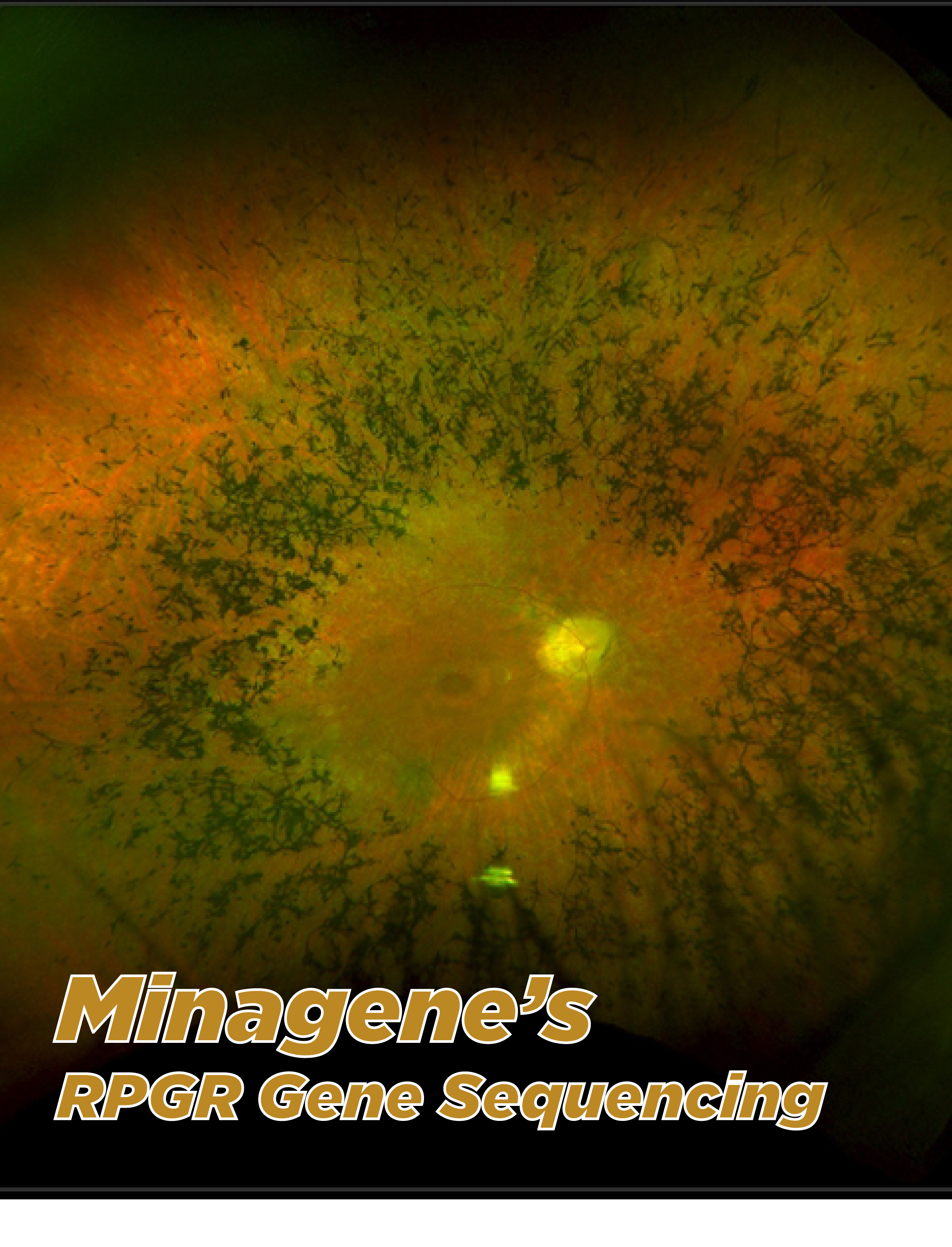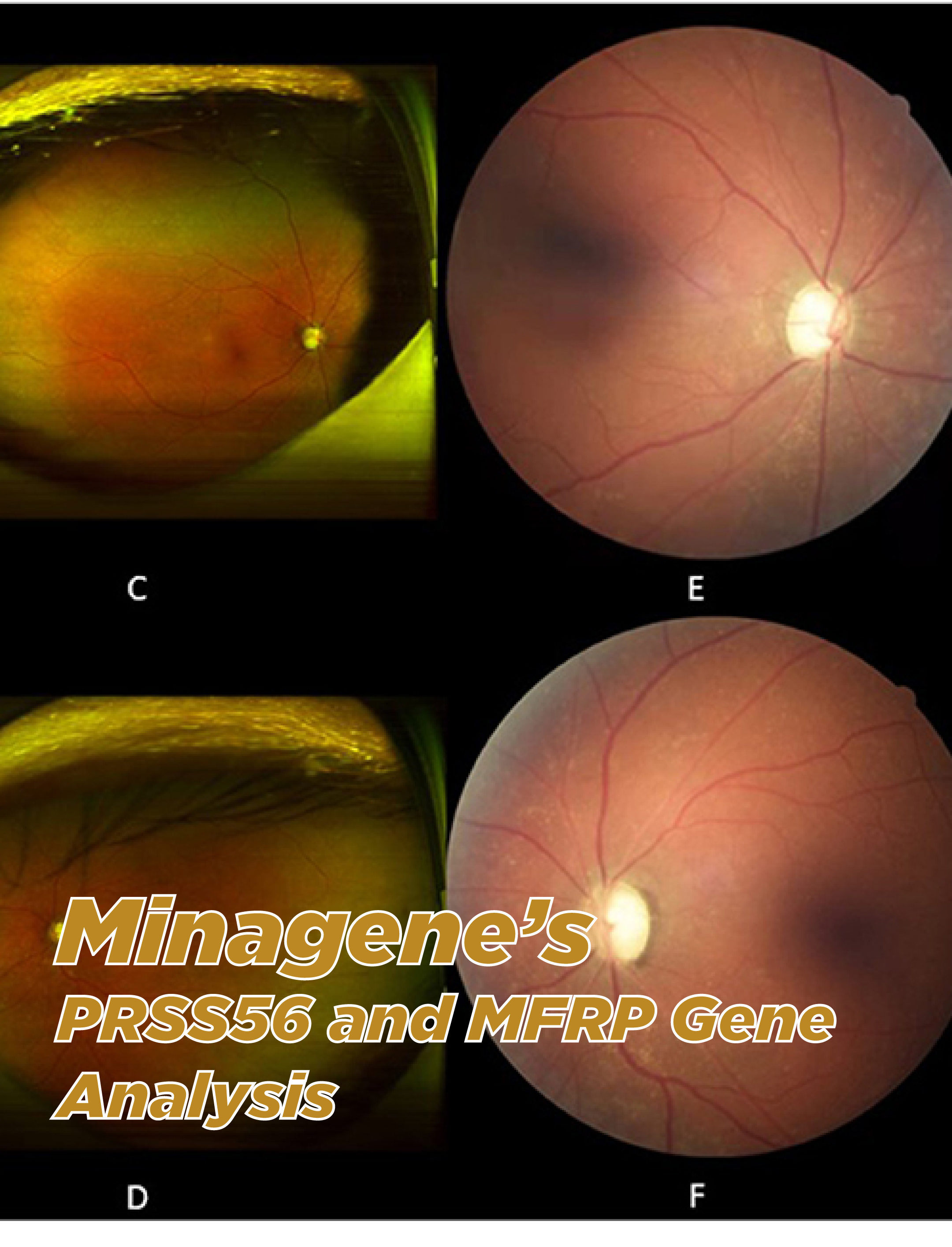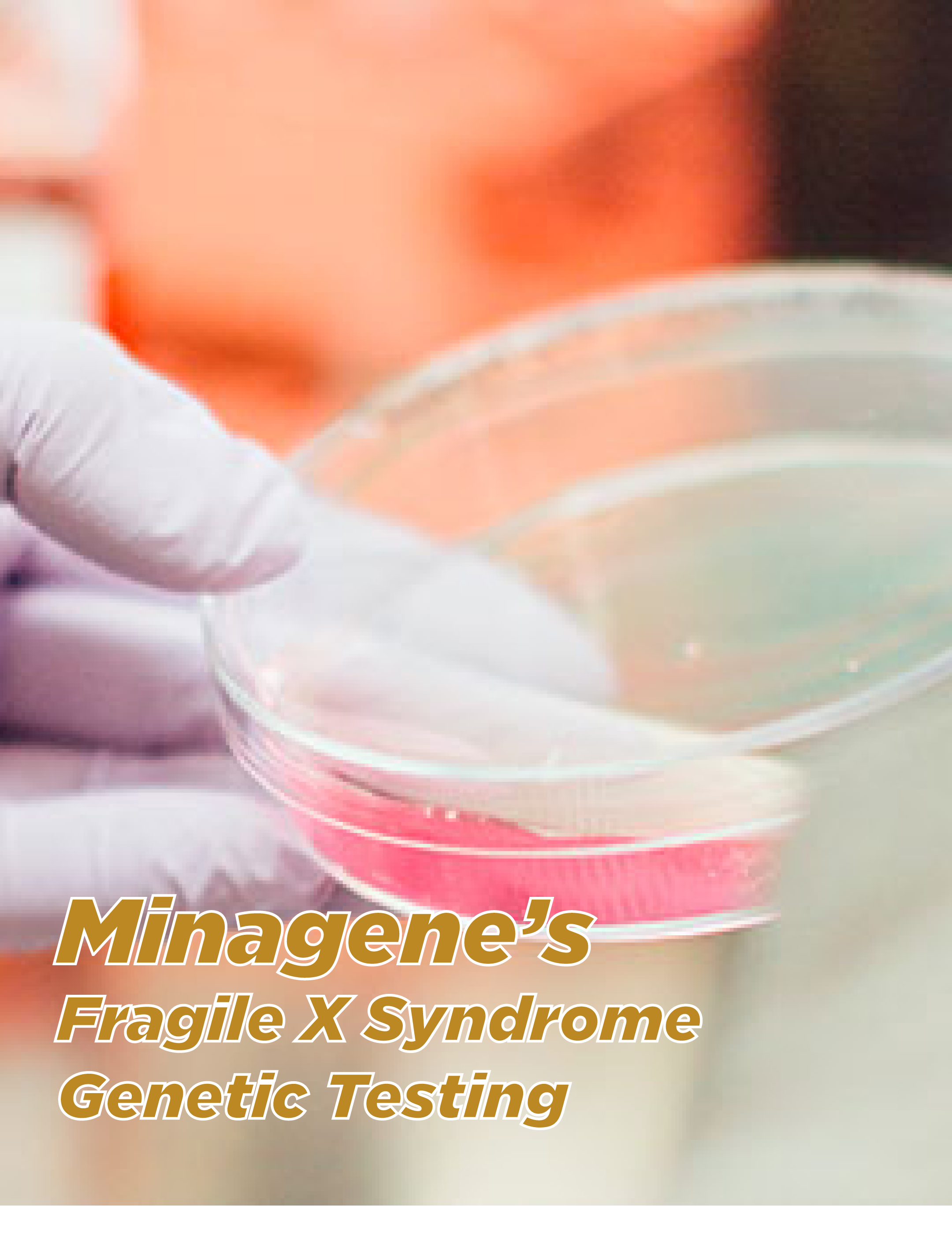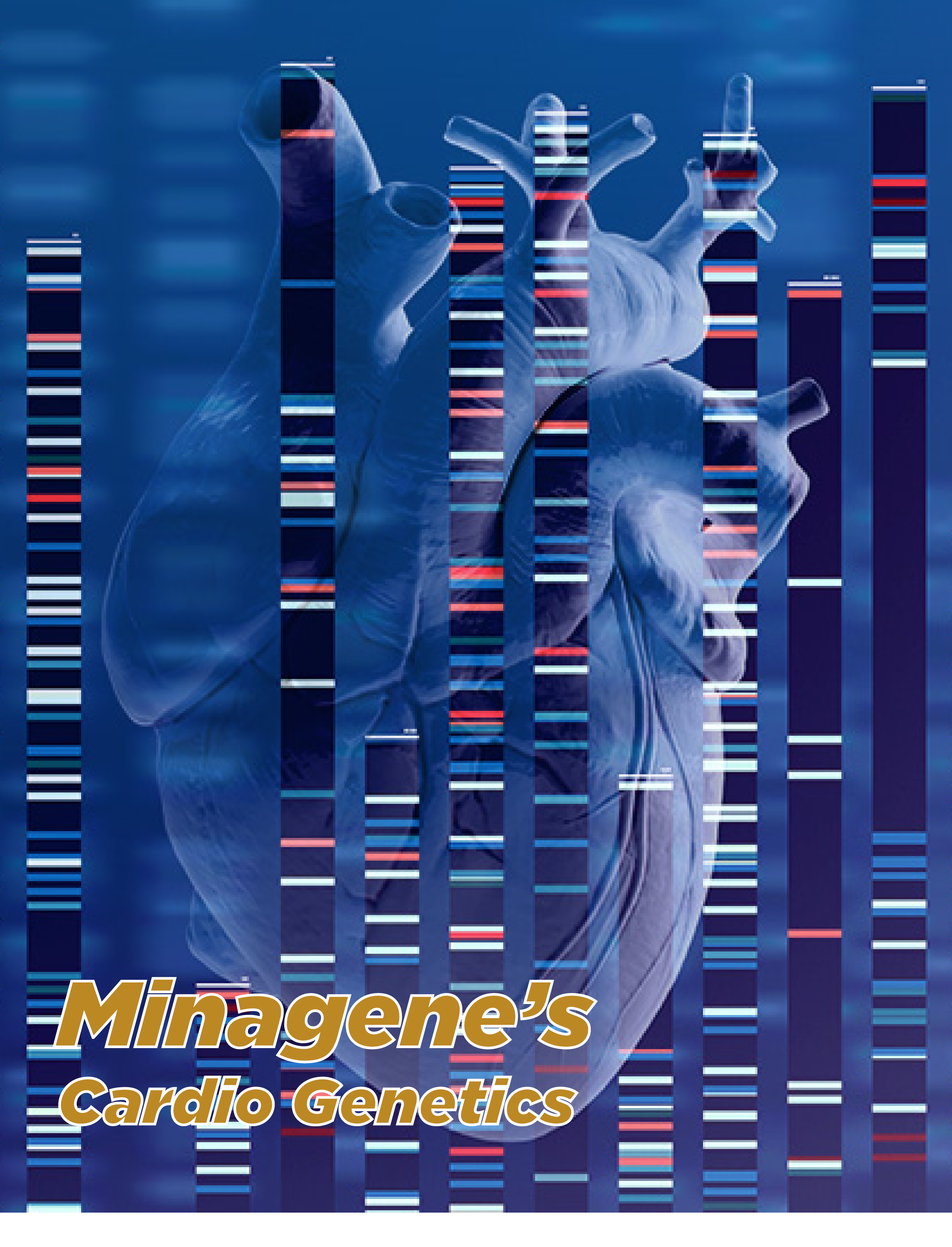The Pluses and Minuses of Employing KMS Pico for Office 365 Activation
In the present ecosystem, using Microsoft items for a number of applications is significantly essential for work improvement, instruction, and business advancement. On the other hand, acquiring proper legal rights to access all of the application’s characteristics could possibly be out of reach for a lot of customers. KMS presents an alternative by providing users cost-free usage of MS attributes.
Advantages of KMS Pico
The ability of KMS and its equivalents to activate MS software without requiring official license purchases is one of its key benefits. Generally, their user interfaces take the form of simple, comprehensible panels, making activation easier for users with various levels of experience.
It’s noteworthy that tools like KMSAuto, Preloader, Microsoft Toolkit, and KMS Pico share similar functionality. While their activation processes might be identical, they may differ in additional features like advanced settings or backup activation keys. Users frequently rate KMS Pico highly for its stability and ease of use.
Risks and Considerations
However, it is vital to consider the potential risks involved when choosing an activation method. These include violations of licensing agreements and security concerns when downloading from untrusted sources.
How KMS Works
Microsoft developed the Key Management Service (KMS) as an enterprise-level activation method. It allows for the activation of multiple networked computers without requiring the entry of unique product keys for each machine.
KMS operates through a dedicated server—known as the KMS server—which clients contact regularly for activation. If requirements are met, the server activates the client and issues an activation key. This streamlines the Microsoft product activation process and makes it easier for large organizations to manage.
KMS Pico in Education and Entrepreneurship
For students who rely on the Office 2021 suite for academic tasks, KMS Pico can be invaluable. For example, it allows:
- Writing scientific articles in Word
- Data analysis in Excel for research
- Creating presentations in PowerPoint for assignments
For individuals who can’t afford full versions of Microsoft apps but need access to all features, this is especially helpful.
Entrepreneurs can also benefit. By using Microsoft Office 2010 products via KMS Pico, they can:
- Create business plans in Word
- Manage budgets and reports in Excel
- Use Outlook for professional communication
By enabling unrestricted access to the entire Microsoft suite, KMS Pico by Team Daz empowers both students and business owners to make their work, studies, and operations more accessible and efficient.

